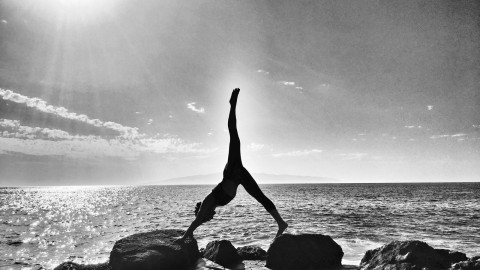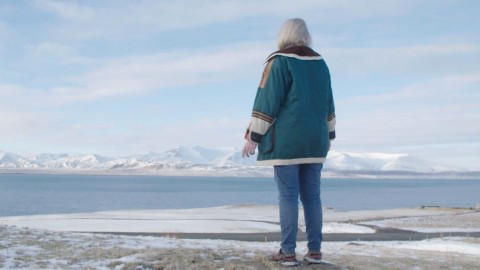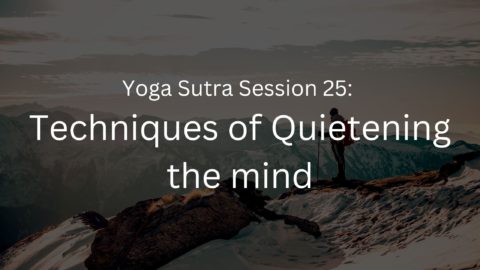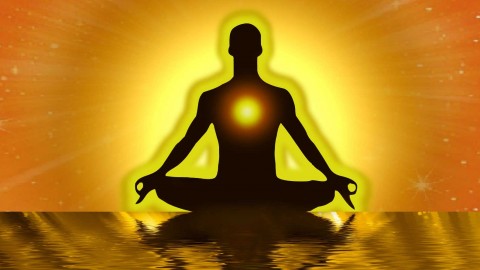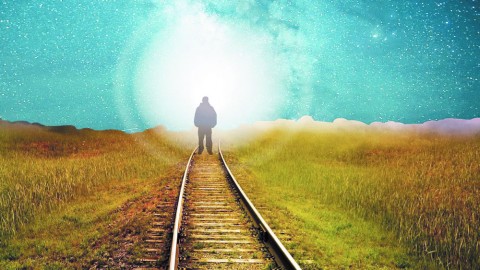Raga Dvesha Abhinivesha
- Pleasure, Pain and Bliss: Understanding the transient nature of pleasure (Raga) and pain (Dvesha) to transcend towards true bliss (Anand).
- Raga seduces us with the sweet, yet ephemeral, taste of material joys, leading us into an endless chase after mirages of happiness that dissipate upon attainment.
- Conversely, Dvesha triggers our instinctual fear responses, driving us away from the discomfort, and in turn, limiting our growth by avoiding the potential lessons embedded in adversity.
- Pleasure and pain are transient, while bliss is an eternal inner joy.
- Self-Nature(Svarupa) and Rupa: Svarupa is the essence of our true nature, a reflection of our innermost self that is unchanging and pure consciousness, whereas rupa refers to the physical form and appearance that are transient and constantly evolving.
- Svarupa is the eternal self, beyond physical attributes, untainted by ego or the fluctuations of the mind, it is the pure consciousness that resides within every living being.
- Rupa, in contrast, is the physical embodiment that we identify with, the body and form that interact with the world, giving us a unique identity but also subject to decay and change.
- Raga, Dvesha And Abhinivesha: Exploring how Raga, Dvesha, and Abhinivesha stem from the primal survival instinct yet must be overcome to attain spiritual liberation.
- Through dedicated practices such as Pranayama, which regulates our life force, Dharana, which focuses our concentration, and Dhyana, which deepens our meditation, we loosen the grip of these primal instincts.
- By understanding that fear, desire, and aversion are reactions of the mind’s ignorance of the eternal soul, we cultivate inner freedom and an intrepid spirit.


